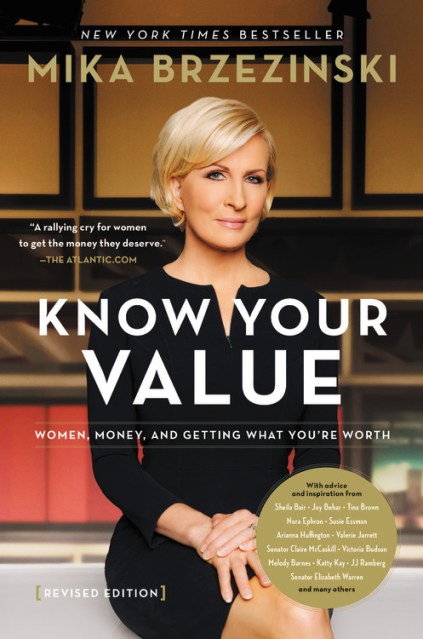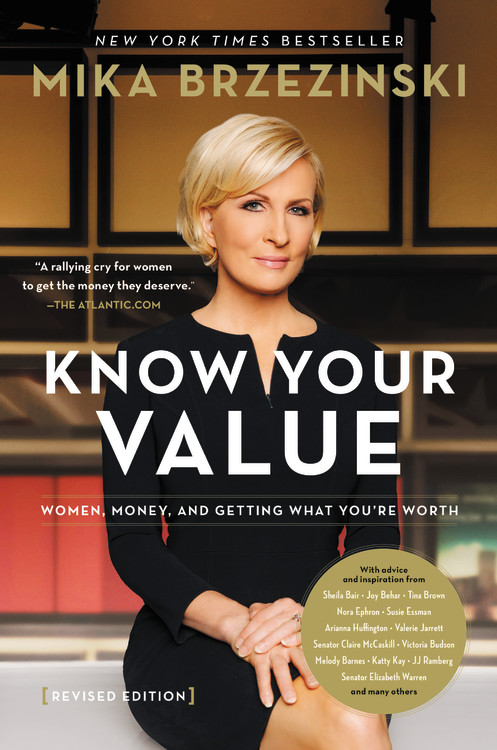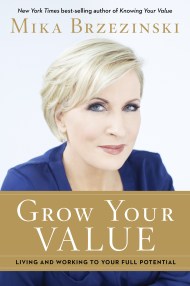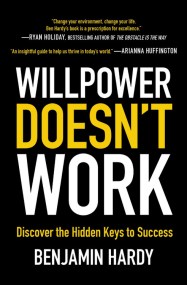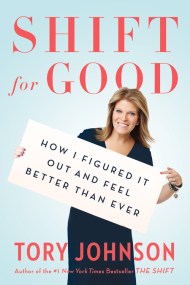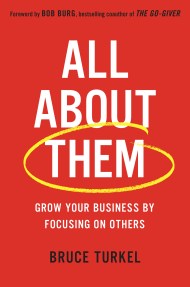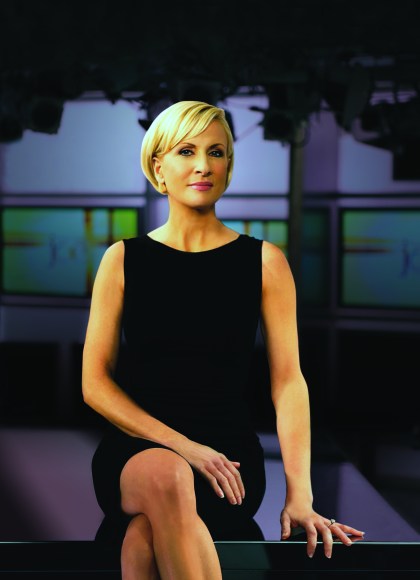By clicking “Accept,” you agree to the use of cookies and similar technologies on your device as set forth in our Cookie Policy and our Privacy Policy. Please note that certain cookies are essential for this website to function properly and do not require user consent to be deployed.
Know Your Value
Women, Money, and Getting What You're Worth (Revised Edition)
Contributors
Formats and Prices
- On Sale
- Sep 25, 2018
- Page Count
- 256 pages
- Publisher
- Balance
- ISBN-13
- 9781602865945
Price
$29.00Price
$37.00 CADFormat
Format:
- Hardcover (Revised) $29.00 $37.00 CAD
- ebook (Revised) $13.99 $16.99 CAD
- ebook $9.99 $12.99 CAD
- Audiobook Download
This item is a preorder. Your payment method will be charged immediately, and the product is expected to ship on or around September 25, 2018. This date is subject to change due to shipping delays beyond our control.
Buy from Other Retailers:
Why are women so often overlooked and underpaid? What are the real reasons men get raises more often than women? How can women ask for — and actually get–the money, the job, the recognition they deserve?
Prompted by her own experience as cohost of Morning Joe, Mika Brzezinski asked a wide range of successful women to share the critical lessons they learned while moving up in their fields. Power players such as Facebook’s Sheryl Sandberg, Senator Elizabeth Warren, Harvard’s Victoria Budson, comedian Susie Essman, and many more shared their surprising personal stories. They spoke candidly about why women are paid less and the pitfalls women face — and play into.
Now expanded to address gender dynamics in the #MeToo era, Know Your Value blends compelling personal stories with the latest research on why many women don’t negotiate their compensation, why negotiating aggressively usually backfires, and what can be done about it.
For any woman who has ever wondered if her desire to be liked can be a liability (yes), if there is a way to reclaim her contribution after it’s been co-opted in a meeting (yes), and if there are strategies men use to get ahead that women should too (yes!), Know Your Value provides vital advice to help women be their own best advocates.
-
"Mika's Know Your Value asks the essential question-are you getting the money, respect, responsibility you deserve?-and shows you how to get it."Katty Kay, broadcast journalist and bestselling author of The Confidence Code
-
"With books and a constellation of related content under the banner 'Know Your Value,' . . . [Mika Brzezinski is now a] guru for career women."New York Magazine
-
"Mika Brzezinski... is on a mission to help women know their worth-and claim it. Her book-turned-movement is giving women across the country the support, knowledge and tools they need to successfully advocate for themselves."Forbes
-
"Mika's book reminds us that women are great at asking and advocating for others, but not so great when it comes to advocating for ourselves.... I observed the success women had when they used Mika's tools and strategies. I heard them speaking with more positive self-talk and saying things that reflected a better understanding of the workplace.... Mika's core message is: Get clear about your value at your job. The tool of positive self-talk supports us in this effort. It helps us claim our strengths, accept our weaknesses, put things in perspective and sustain a more open and optimistic point of view."Medium.com
-
Praise for Mika's previous titles:
-
"A rallying cry for women to get the money they deserve."TheAtlantic.com
-
"An in-depth look at how women today achieve their deserved recognition and financial worth."Today.com
-
"Very timely.... Champions equality for women, particularly in the workplace."Women's Wear Daily
-
"Part memoir and part manifesto...chronicles the author's struggles as a woman in the workforce-and outlines the dos and don'ts of achieving equal pay."The Daily Beast
-
"Provides much-needed perspective.... A thoughtful look at how women can quit getting in their own way."Publishers Weekly
-
"An inspiring evaluation of the potential women have to create fully productive lives at work and at home."Kirkus Reviews
-
"The Morning Joe co-host has been through it all, making the advice in her book Know Your Value incredibly, well, valuable... [C]andid and illuminating."Marie Claire
-
"Mika...shares valuable insight on gender bias in the Trump era, how #TimesUp and #MeToo have changed office politics, why women need to stop trash talking other women on the rise and tactical maneuvers to use at the bargaining table."DC Refined
Newsletter Signup
By clicking ‘Sign Up,’ I acknowledge that I have read and agree to Hachette Book Group’s Privacy Policy and Terms of Use
